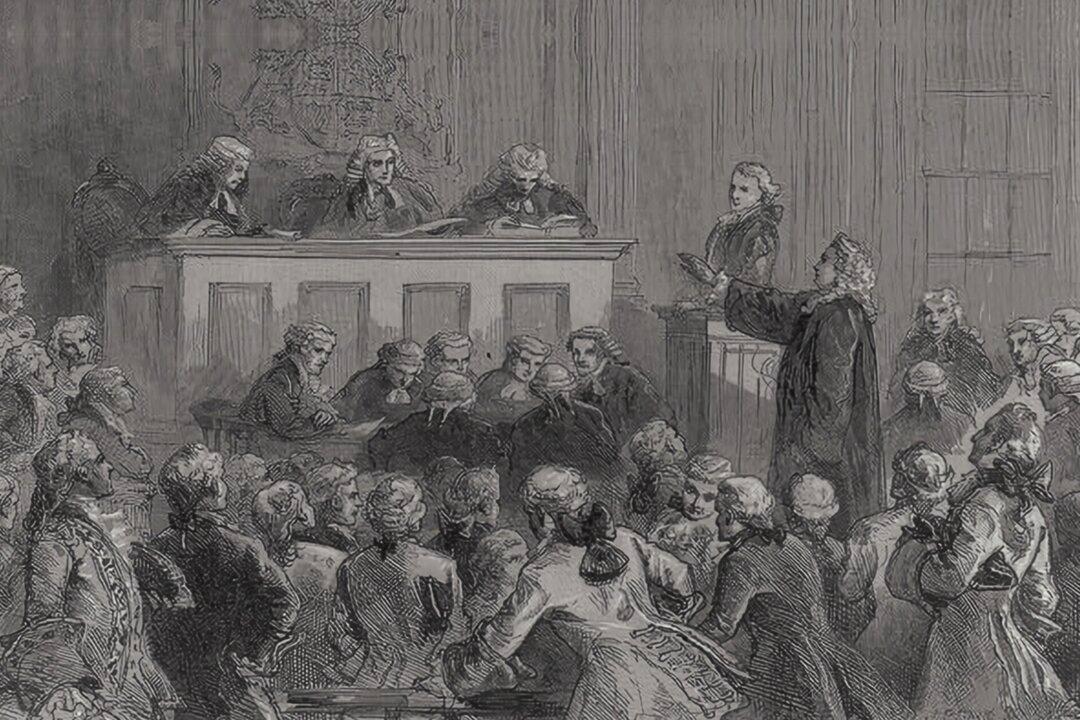In 1774, an Englishman named Thomas Paine, having met Benjamin Franklin and received letters of introduction from him, immigrated to Pennsylvania and entered the print media industry. Paine’s ties to Franklin thrust him into revolutionary circles almost immediately, and, at his American friends’ urging, in early January 1776, he published an essay called “Common Sense.”
On Monarchy
In true Enlightenment fashion, Paine’s essay used reason (or “common sense”) to excoriate the very notion of monarchy—and the men and women who wore the crown.Men who look upon themselves born to reign, and others to obey, soon grow insolent; selected from the rest of mankind their minds are early poisoned by importance; and the world they act in differs so materially from the world at large, that they have but little opportunity of knowing its true interests, and when they succeed to the government are frequently the most ignorant and unfit of any throughout the dominions.
Monarchs ruled by coercion, not divine sanction. They made serious (and often criminal) mistakes all the time, even if their advisers were the ones to always take the blame. Monarchs were often stupid or brutish or unprepared, and their rule was arbitrary anyway.On Independence
In addition to questioning monarchy in general, “Common Sense” introduced ideas of independence from Britain. This was important, since most Americans with revolutionary leanings nevertheless felt apprehensive about actual secession from the empire. Paine cut through such misgivings by an appeal to “common sense.”Small islands, not capable of protecting themselves, are the proper objects for kingdoms to take under their care; but there is something absurd, in supposing a continent to be perpetually governed by an island.
“Europe, and not England, is the parent country of America,” Paine wrote. “This new world hath been the asylum for the persecuted lovers of civil and religious liberty from every part of Europe.”




